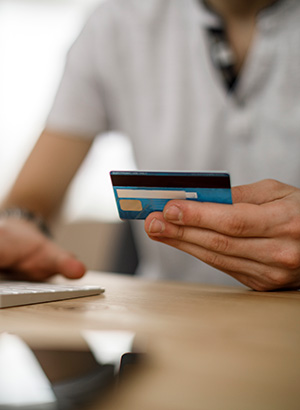
Banks and law enforcement are cracking down on an emerging scam known
as “card cracking.” Card cracking is a form of fraud where consumers
respond to an online solicitation for “easy money” and provide a debit
card for withdrawal of fake check deposits.
Criminals use social
media platforms like Facebook, Twitter, or Instagram to solicit
consumers, often targeting people between the ages of 19 and 25
years-old, as well as college students, newly enlisted military and
single parents.
Customers who respond to these solicitations, now accomplices, provide a debit card, PIN and online credentials to give the criminal direct access to their account. The fraudster deposits worthless checks using mobile deposit and immediately withdraws the funds at an ATM. The customer then calls to report a stolen card or compromised credentials. The bank reimburses the customer for funds lost and the criminal provides the customer with a cut of the money withdrawn using worthless checks.
- Do not respond to online solicitations for “easy money.” Card cracking advertisements will suggest that this is a quick, safe way to earn extra cash. Keep in mind that easy money is rarely legal money.
- Never share your account and PIN number. Keep this information private at all times. By sharing it with others, you expose yourself to potential fraud.
- Do not file false fraud claims with your bank. By filing a false claim, you are a co-conspirator to fraud. Banks’ detection techniques for card cracking are constantly improving and suspicious claims will be investigated.
- Report suspicious posts linked with scams. If you notice postings that appear to be linked with a possible scam, report them to the social media site. There is usually a drop down menu near the post to allow for easy reporting.
©2022 American Bankers Association. Reprinted from www.aba.com with Permission. All Rights Reserved.
